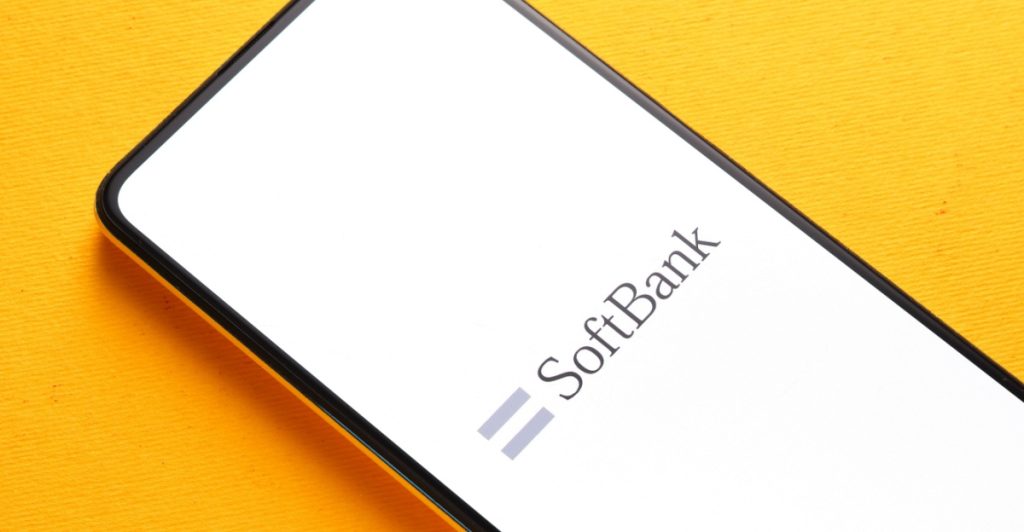SoftBank’s decision to sell its entire $5.8 billion stake in Nvidia has reignited debate over whether the artificial intelligence boom is starting to overheat.
Others are reading now
SoftBank’s decision to sell its entire $5.8 billion stake in Nvidia has reignited debate over whether the artificial intelligence boom is starting to overheat. The move, disclosed in the Japanese conglomerate’s latest earnings report, sent ripples through global markets and triggered a 2% drop in Nvidia shares.
Selling at the peak
SoftBank confirmed that it sold all 32.1 million Nvidia shares it held in October. The sale will bankroll CEO Masayoshi Son’s expanding AI ambitions — particularly his multibillion-dollar bets on OpenAI and the so-called Stargate project, a $500 billion plan to build massive data centers to power future AI systems.
The timing of the sale, however, has raised eyebrows. Nvidia’s stock has surged more than 1,200% in the past three years and briefly made the company the world’s first $5 trillion firm. Some analysts believe Son’s decision reflects concern that valuations across the AI industry are running ahead of reality.
Morgan Stanley and Goldman Sachs have both recently warned that tech stocks could face a major correction, while hedge fund manager Michael Burry — who predicted the 2008 financial crash — has placed large bets against Nvidia and Palantir Technologies.
A history of risky timing
This isn’t the first time SoftBank has misjudged its timing on Nvidia. The company sold its earlier stake in 2019, missing out on more than $100 billion in gains before re-entering the stock later. Analysts say the latest move looks more like resource reallocation than a deliberate bet against Nvidia.
Also read
“As for timing, cannot say Masayoshi Son has been great with his trading of Nvidia shares,” said C.J. Muse, senior managing director at Cantor Fitzgerald. “It appears simply resource allocation – finding funds to make bets elsewhere.”
Betting everything on AI
Alongside the Nvidia sale, SoftBank also offloaded about $9.2 billion in T-Mobile shares, giving Son a growing war chest for what he calls an “all-in” push into artificial intelligence. Much of that money is expected to go toward OpenAI and its global AI infrastructure expansion.
“By cashing in now, he’s securing the capital needed to double down on his conviction in AI applications and the super-scaled infrastructure behind them — OpenAI, Oracle, and the Stargate project,” said Michael Ashley Schulman, chief investment officer at Running Point Capital Advisors.
The increased focus on OpenAI, however, also deepens SoftBank’s exposure to one of the most scrutinized companies in tech. OpenAI’s financial model and reported $1.4 trillion in planned infrastructure deals have raised questions about how the company will sustain its explosive growth.
High stakes, high risk
SoftBank’s Vision Fund, which has seen several high-profile losses in the past, remains under pressure to show that Son’s latest AI gamble won’t repeat the same mistakes. The company’s stock has more than doubled this year, largely on investor excitement about its AI ties — particularly its stake in OpenAI, which is now reportedly considering a $1 trillion public listing.
Also read
“The Vision Fund’s checkered past certainly lends an air of high-stakes poker to this divestment,” Schulman said.
Whether the move proves visionary or premature, Son is once again betting big on the future of artificial intelligence — even as some of the market’s most seasoned investors warn that the next correction could already be taking shape.
Sources: Reuters; CNBC; Financial Times; Bloomberg; Nikkei Asia; company filings; statements by Cantor Fitzgerald and Running Point Capital Advisors


